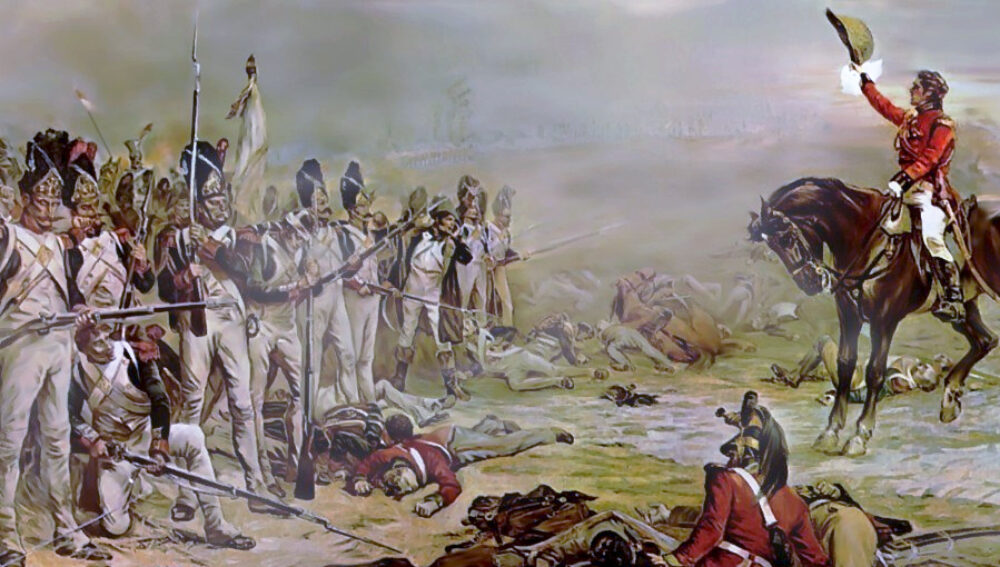“War is thus an act of force to compel the enemy to do our will.”
—Carl von Clausewitz, On War, Book 1, Chapter 1.
Clausewitz’s off-quoted dictum appears the master key to victory. It all seems so simple: just force others to comply with what you want. The dictum is nevertheless quite wrong.
Wars are fought for a reason. Clausewitz wrote, “When whole communities go to war… the reason always lies in some political situation, and the occasion is always due to some political object.” For Clausewitz then the intent behind making war is to resolve a political disagreement between the communities concerned but he goes beyond that. War is also a “true political instrument.” It is a way states can choose to use their military means to achieve political ends.
In being so used to resolve disagreements, war is “an act of human intercourse,” albeit murderous and bloody. In this clash of political interests, the entities involved continually respond to the actions of the other as they strive for some useful advantage. As the old saying goes, the enemy gets a vote; the adversary is “an animate object that reacts.”
War accordingly involves countering intelligent and adaptive others. It entails an interdependent relationship where each party continuously modifies its position, intent, and actions based on the perceptions and actions of the others participating. Thomas Schelling observed that these interactions “…are essentially bargaining situations…in which the ability of one participant to gain his ends is dependent…on the choices or decisions the other participant will make.”
Please click here to read the full “Using a Clausewitzian Dictum to rethink achieving victory” article published at Real Clear Defence, written by Griffith Asia Institute Visiting Fellow, Dr Peter Layton.








